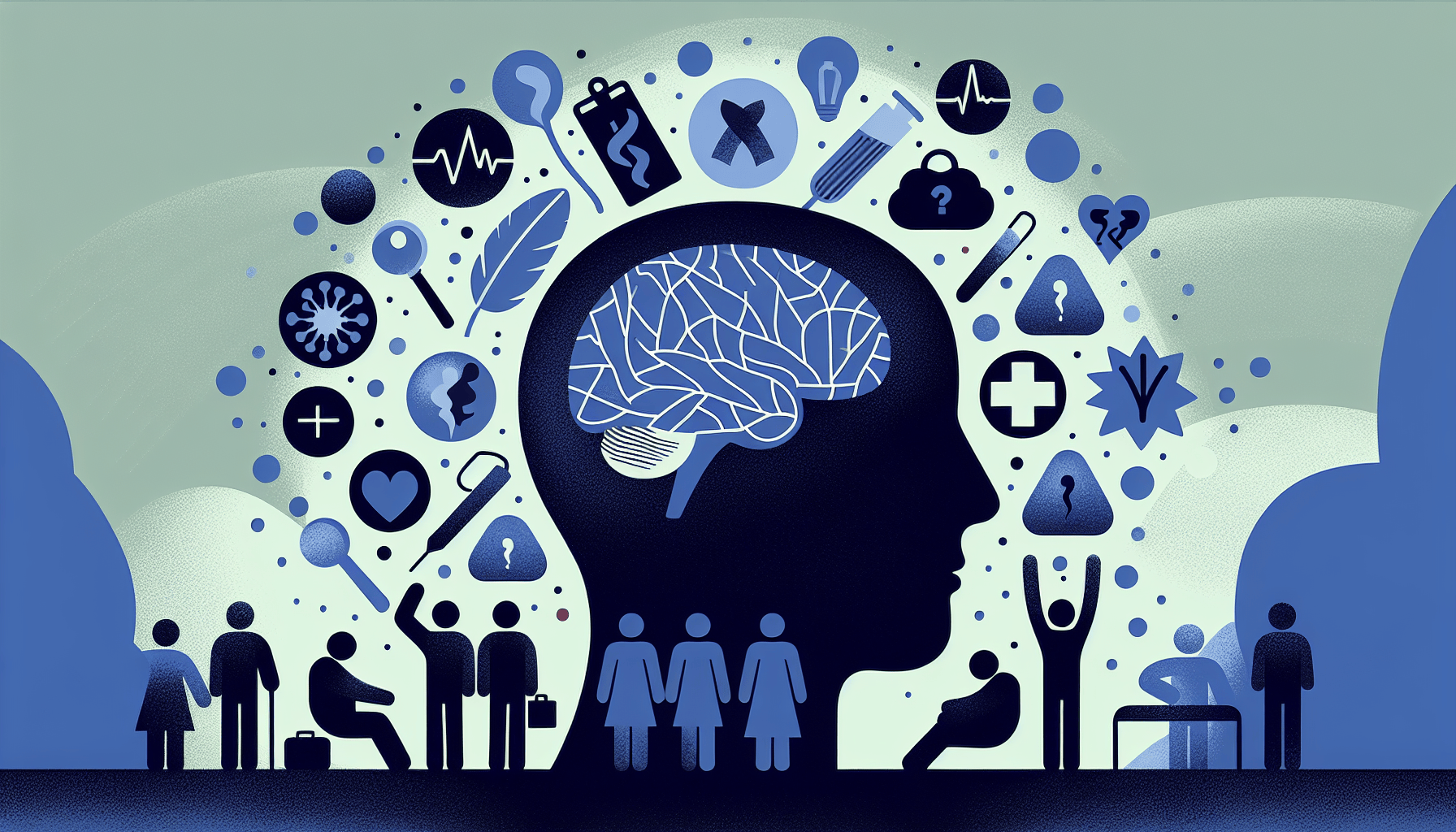If you or a loved one has been diagnosed with refractory epilepsy, it means that medication alone is not effectively controlling seizures. This condition, also known as uncontrolled, intractable, or drug-resistant epilepsy, affects about one-third of people with epilepsy. While it can be a challenging diagnosis, there are several treatment options available to help manage seizures and improve quality of life.
Symptoms of Refractory Epilepsy
The primary symptom of refractory epilepsy is persistent seizures despite taking anti-seizure medication. Seizures can take various forms and last from a few seconds to several minutes. During a seizure, you may experience:
Causes of Refractory Epilepsy
The exact cause of refractory epilepsy is not well understood. It can affect both children and adults, and doctors are still researching why some people develop this condition while others do not. Factors that may contribute to refractory epilepsy include genetic predisposition and the type of seizures a person experiences.
Diagnosing Refractory Epilepsy
To diagnose refractory epilepsy, your doctor will review your medical history, ask about your seizure frequency and medication adherence, and may order tests such as:
These tests can help identify the location in the brain where seizures originate, which is particularly important if surgery is being considered as a treatment option.
Treatment Options for Refractory Epilepsy
Medications
Your doctor may adjust your current medication regimen or prescribe a different anti-epileptic drug (AED). There are many AEDs available, and finding the right combination and dosage may take some trial and error. Some commonly prescribed AEDs include:
Surgery
If seizures persist after trying two or three AEDs, your doctor may recommend brain surgery, especially if your seizures originate in one specific area of the brain. During the procedure, the surgeon removes the portion of the brain responsible for the seizures. While the idea of brain surgery can be daunting, many people report significant improvements in seizure control and quality of life after the procedure.
Diet Modification
The ketogenic diet, a high-fat, low-protein, and no-carbohydrate diet, has shown promise in reducing seizures for some people with epilepsy. This diet requires medical supervision and strict adherence. Other dietary approaches, such as the modified Atkins diet and the low-glycemic-index diet, may also be effective for some individuals.
Electrical Stimulation
Neuromodulation techniques use electrical signals or medication to target specific areas of the nervous system. These methods include:
VNS, in particular, has been shown to reduce seizure frequency and intensity in about 40% of people who use it.
Coping with Refractory Epilepsy
Living with refractory epilepsy can be emotionally and physically challenging. It's essential to have a strong support system of family, friends, and healthcare professionals. Joining a support group can provide a sense of community and allow you to connect with others who understand your experiences. Stress management techniques, such as counseling and relaxation exercises, can also help improve overall well-being.
The Importance of Working with Your Healthcare Team
If you have refractory epilepsy, it's crucial to work closely with your healthcare team to find the most effective treatment plan for your individual needs. Keep track of your seizures, medication side effects, and any other concerns, and communicate openly with your doctor. With the right treatment approach and support, it is possible to achieve better seizure control and improve your quality of life.


